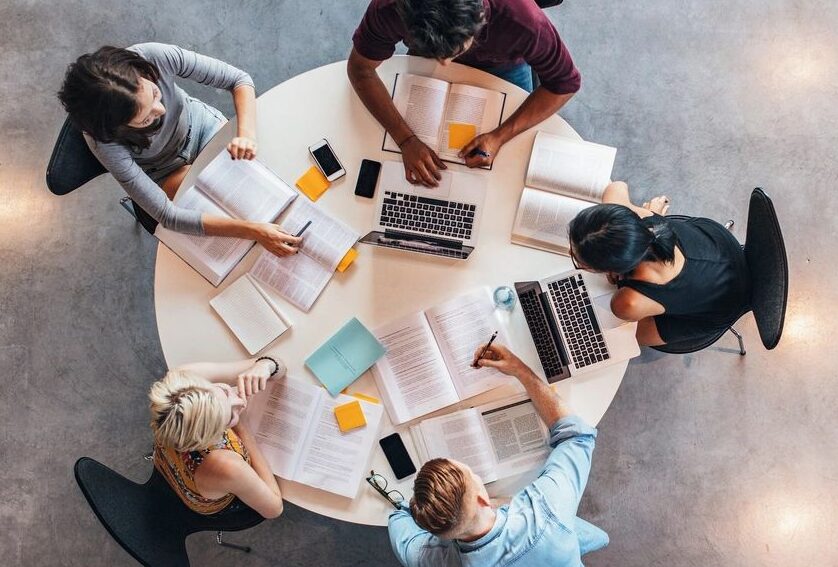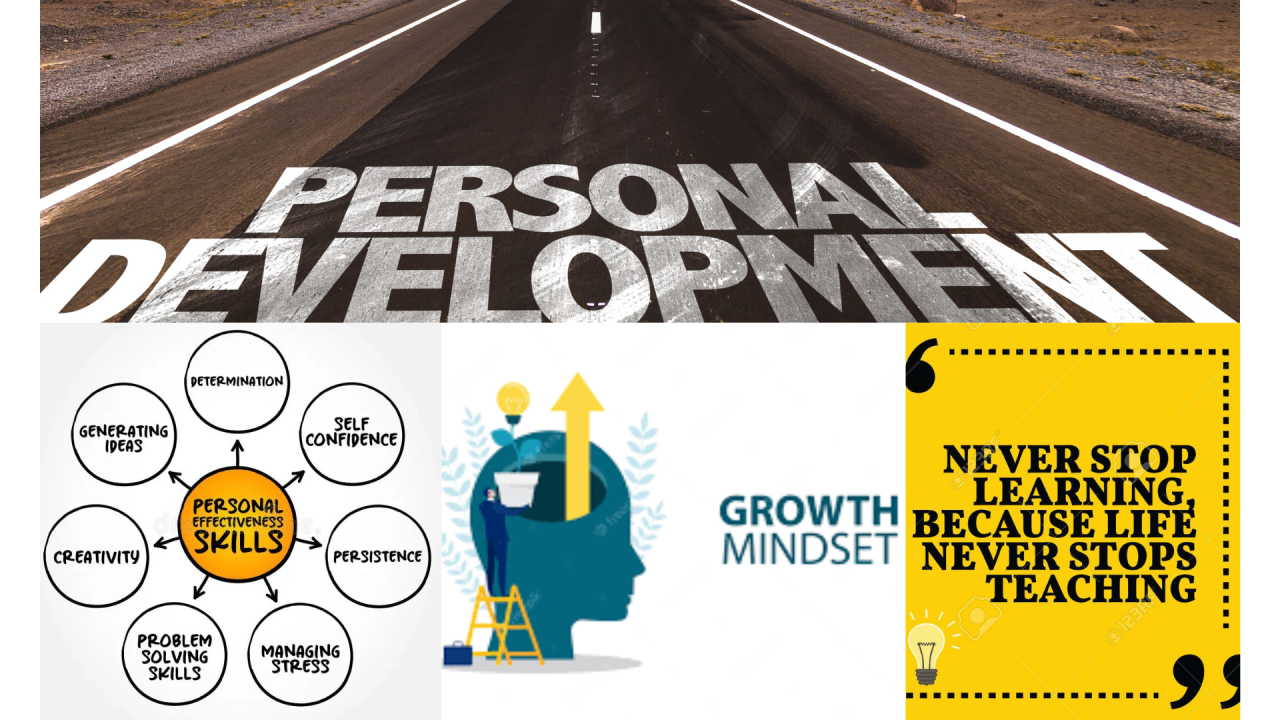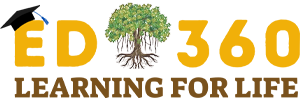
I am back to teaching Personal Effectiveness to yet another student cohort. Each time I teach the module I come away with introspection that allows me to look inward and self-assess, a practice that is extremely important for every professional! In this fast-paced, ever-changing world, I’ve seen how Personal Effectiveness has become a cornerstone in all aspects in life, especially in education. As a lecturer, I’ve experienced first-hand how crucial it is to equip students with tools that promote self-awareness, resilience, and a growth mindset.
My Take on Personal Effectiveness
I am amazed at how willing learners are at accepting information fed to them in classrooms. No questions asked. Even now, the emphasis on ‘passing’ the course takes center stage. From my perspective, Personal Effectiveness in education isn’t about sounding smart—it’s about being smart. It’s about critiquing new information, assessing oneself regularly to understand strengths and weaknesses, and fostering a curiosity that propels us to learn new skills. It’s about keeping up with the shifting job market.
My Personal Education Journey
My fascination has always been with learning. Grades were never my primary focus; if I did well, it was a happy by-product of my quest for knowledge. This passion led me from acquiring a degree in Accounting, a certificate in Excel, a postgraduate certificate in education, a Master’s degree, and now, back to studying for a Psychology certificate with an eye on a Master’s in Educational Neuroscience. I am also preparing for the ACCA UK tax paper.
The driving force behind my diverse learning journey is to instil in myself the practice of lifelong learning. With every new thing I learn, my thirst for knowledge only grows. For me, this is what education is truly about. It’s not just about grades or collecting certificates; it’s about expanding your mind, being more informed, and making wiser decisions (Duckworth et al., 2007).
I believe that if we can cultivate this attitude in all students, we won’t need to worry about their outcomes and results. Students who are motivated from within take ownership of their learning. The challenge for us, as educators, is figuring out how to inspire this intrinsic motivation in our learners (Deci et al., 1991).
Personal Effectiveness in Action
In my classroom, Personal Effectiveness is not just a theory—it’s a practice. I’ve seen it come alive in students who have exceptional organisational skills, keeping track of everything from assignment dates to notes. I’ve witnessed it in students who see criticism not as an attack, but as a chance to improve. I’ve admired it in those who step out of their comfort zone to embrace public speaking or management roles despite their fears.
One strategy I’ve found particularly effective is asking students to jot down notes during class. This simple practice keeps them engaged and helps cement the lesson in their memory. I also encourage them to identify one thing they want to work on each week and come up with a plan to tackle it. While not everyone follows through, those who are proactive and motivated often find this exercise beneficial and come back to share their progress.
The Far-Reaching Impact of Personal Effectiveness
Personal Effectiveness can foster a proactive mindset, pushing students to resist procrastination, identify gaps in their learning, and develop resilience—a key skill for life outside of education. By encouraging individuals to enhance their personal effectiveness, we’re equipping them to achieve their goals quicker and derive more satisfaction from their accomplishments.
Resilience, self-assessment, and a growth mindset form the bedrock of personal effectiveness. With resilience, students learn to persist even in the face of adversity, while self-assessment cultivates self-awareness, promoting a fair and realistic approach in their endeavours. Cultivating a growth mindset allows them to aim high, exude confidence, and embrace new experiences, ultimately fostering self-confidence.
Challenges in Teaching Personal Effectiveness
Teaching personal effectiveness isn’t without its challenges. Bridging the gap between theory and practice, helping students apply concepts in their everyday lives, and presenting realistic examples are all part of the process. However, the most substantial challenge is changing the mindset of students who are used to instant gratification and have a narrow perspective of the world. As an educator, it’s essential to expose them to a wider view, encouraging them to invest in their education and long-term goals rather than focusing on immediate, temporary gains.
The task, though daunting, is not insurmountable. I find that discussing current global situations and developments in neuroscience helps students understand how their brains react to different stimuli. Sharing stories of success and failure from the business world also provides tangible evidence of the power of personal effectiveness. Yet, the need of the hour is for universities to pivot from traditional lecture-style teaching to more interactive classroom environments that truly foster personal effectiveness.

Building an Effective Future
In the wake of online learning and changing educational dynamics, personal effectiveness has taken center stage. It’s about helping students navigate uncertainty, leverage their strengths, and view their weaknesses as opportunities for growth. But it’s more than producing graduates with degrees; it’s about nurturing individuals who can adapt, evolve, and succeed in a rapidly changing world.
As educators, we must strive to facilitate an environment that encourages students to self-reflect, embrace challenges, and pursue continuous learning. Because the mark of an educated individual isn’t in knowing everything, but in understanding the value of continuous learning, unlearning, and relearning. And here’s the thing – unless educators adopt this growth mindset and an interest in lifelong learning, I doubt much can be changed in the way students think in the classroom.
References
Deci, E. L., Vallerand, R. J., Pelletier, L. G., & Ryan, R. M. (1991). Motivation and education: The self-determination perspective. Educational Psychologist, 26(3-4), 325-346.
Duckworth, A. L., Peterson, C., Matthews, M. D., & Kelly, D. R. (2007). Grit: perseverance and passion for long-term goals. Journal of personality and social psychology, 92(6), 1087.
